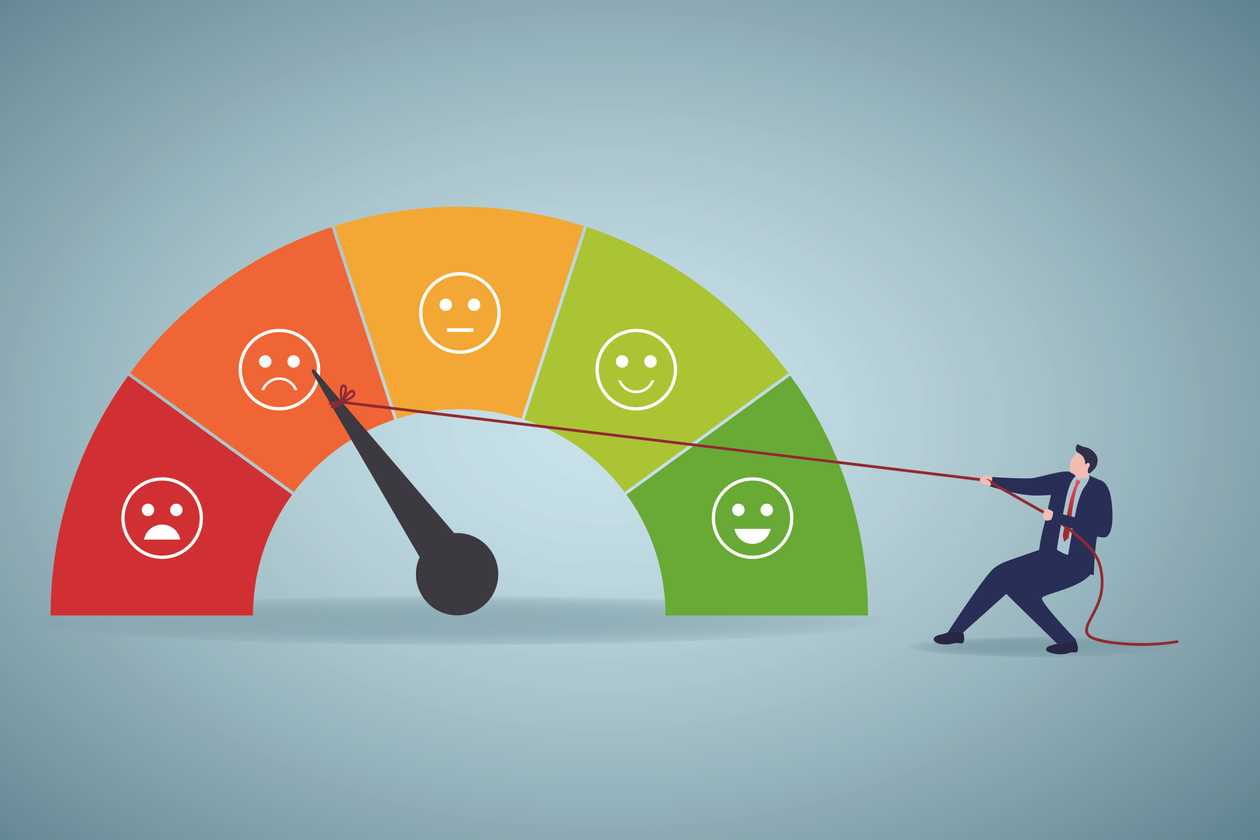Are you eager to see a higher credit score? We all want our credit scores to go up, but how long does it actually take to see an improvement? The timeline can vary depending on your situation, but with the right action steps, you could start seeing a positive change in as little as 30 to 45 days.
Factors Affecting Credit Score Recovery Time
The length of time it takes to improve your credit score depends on various factors, including the type of event that caused your score to drop. For example, a missed payment or an account sent to collections can result in a significant decrease in your credit score. Here’s a general estimate of the average credit score recovery time based on a fair credit score of around 680 to 720:
-
Missed or defaulted payment: This is the most critical factor affecting your credit score. If you miss a payment, you risk costly late fees and a lowered credit score. The recovery time will depend on how quickly you can make up for the missed payment and whether your creditors offer any relief options such as deferment or a different payment plan.
-
High credit utilization: Keeping your credit utilization below 30% is a good rule of thumb. If you exceed this limit, focus on paying down your balances to see your credit score recover in just a few months.
-
Hard credit inquiry: Hard inquiries can negatively impact your credit score for up to two years. However, their impact can diminish within a few months. Additionally, if you’re shopping around for loans within a specific timeframe, multiple credit inquiries will be counted as a single inquiry.
-
Late mortgage payment: Falling behind on mortgage payments can increase the cost of your loan and harm your credit score. Although it may take longer to recover from a late mortgage payment, making on-time payments consistently over several months can help improve your score.
-
Foreclosure: Recovering your credit score after foreclosure can take a significant amount of time, and it may take several years to rebuild your credit. The higher your credit score before foreclosure, the more significant the decrease and recovery time.
-
Bankruptcy: Filing for bankruptcy will leave a mark on your credit report for seven to ten years. However, by establishing a history of positive payment and adopting healthy financial habits, you can start seeing improvements in your credit score after a few years.
Understanding Credit Score Models
Various credit scoring models are used to determine your credit score. The most common ones are FICO and VantageScore. FICO scores range from 300 to 850, while VantageScore also ranges from 300 to 850. Each model has different versions, and creditors usually use FICO scores.
Tips to Improve Your Credit Score
Based on the key factors that influence your credit score, consider trying these tips to boost your score:
-
Make on-time payments: Late or missed payments can significantly impact your credit score. Set up automatic payment reminders and commit to building a positive payment history.
-
Keep credit card utilization low: Avoid using more than 30% of your credit limit. If you can’t pay off your credit card balance in full, adjust your budget and prioritize paying down your balances.
-
Maintain older accounts: Keeping older credit cards and revolving credit accounts open can positively impact your credit history and improve your score.
-
Consider a secured credit card: If you have a thin credit file or want to rebuild your credit, start with a secured credit card. Make a deposit, manage the card responsibly, and see your score improve over time.
-
Explore bad credit loan options: While traditional personal loans may not be accessible for individuals with poor credit, there are lenders willing to provide loans to borrowers with low credit scores. Research and find the best bad credit loan for your needs.
Take Action and Witness Your Credit Score Rise
Remember, improving your credit score takes time, but specific financial actions can speed up the process. By paying down balances, limiting hard inquiries, and consistently making on-time payments, you can witness your credit score improve over time.
Frequently Asked Questions (FAQs)
Q: How much can a credit score go up in a month?
A: There is no set maximum increase for credit scores in one month. It depends on your unique situation and the actions you’re taking. While it’s unlikely to see a significant increase in a short period, timely events like removing hard inquiries or reducing credit utilization can lead to noticeable improvements.
Q: Is a 650 credit score good?
A: A 650 credit score is considered good, but not excellent. Scores above 700 are considered excellent, and the closer you are to 850, the better.
Q: What credit card can I get to rebuild my credit score?
A: Secured credit cards are a good option for rebuilding credit. Consider cards like the Capital One Platinum Credit Card or the Credit One Bank Platinum Visa card. The OpenSky® Secured Visa® Credit Card is also worth considering, especially for those rebuilding credit after bankruptcy.
Improving your credit score requires patience and diligence. By following these tips and maintaining good financial habits, you’ll be on your way to raising your credit score and achieving your financial goals. Remember, the journey to financial freedom starts with taking control of your credit. For more tips and advice, visit Personal Finances Blog.

